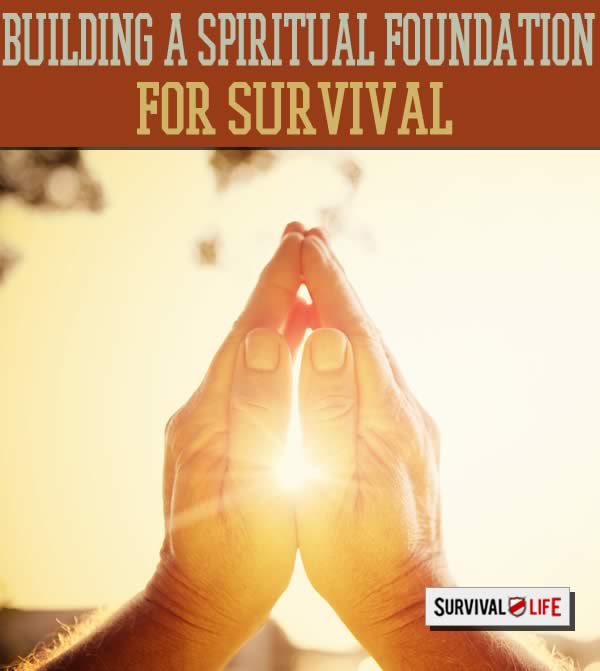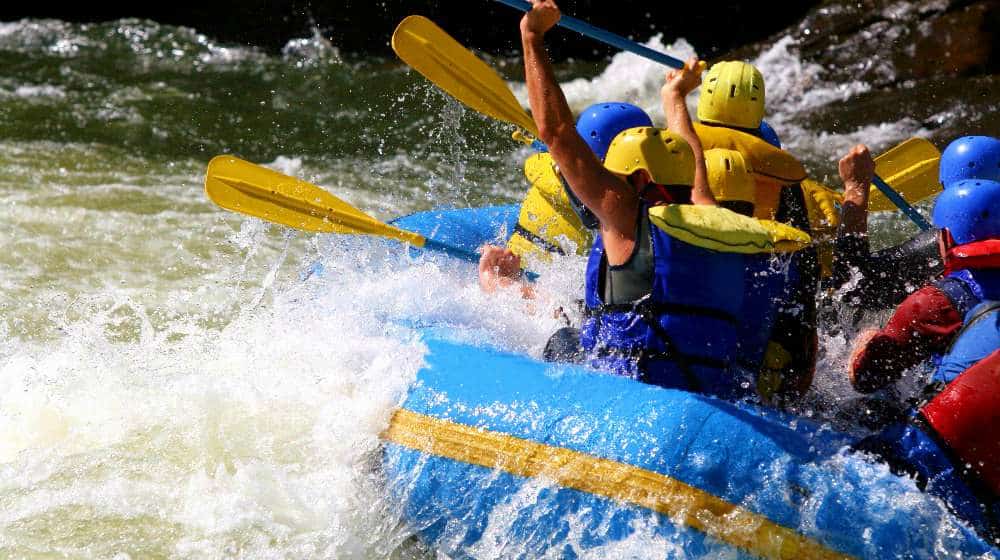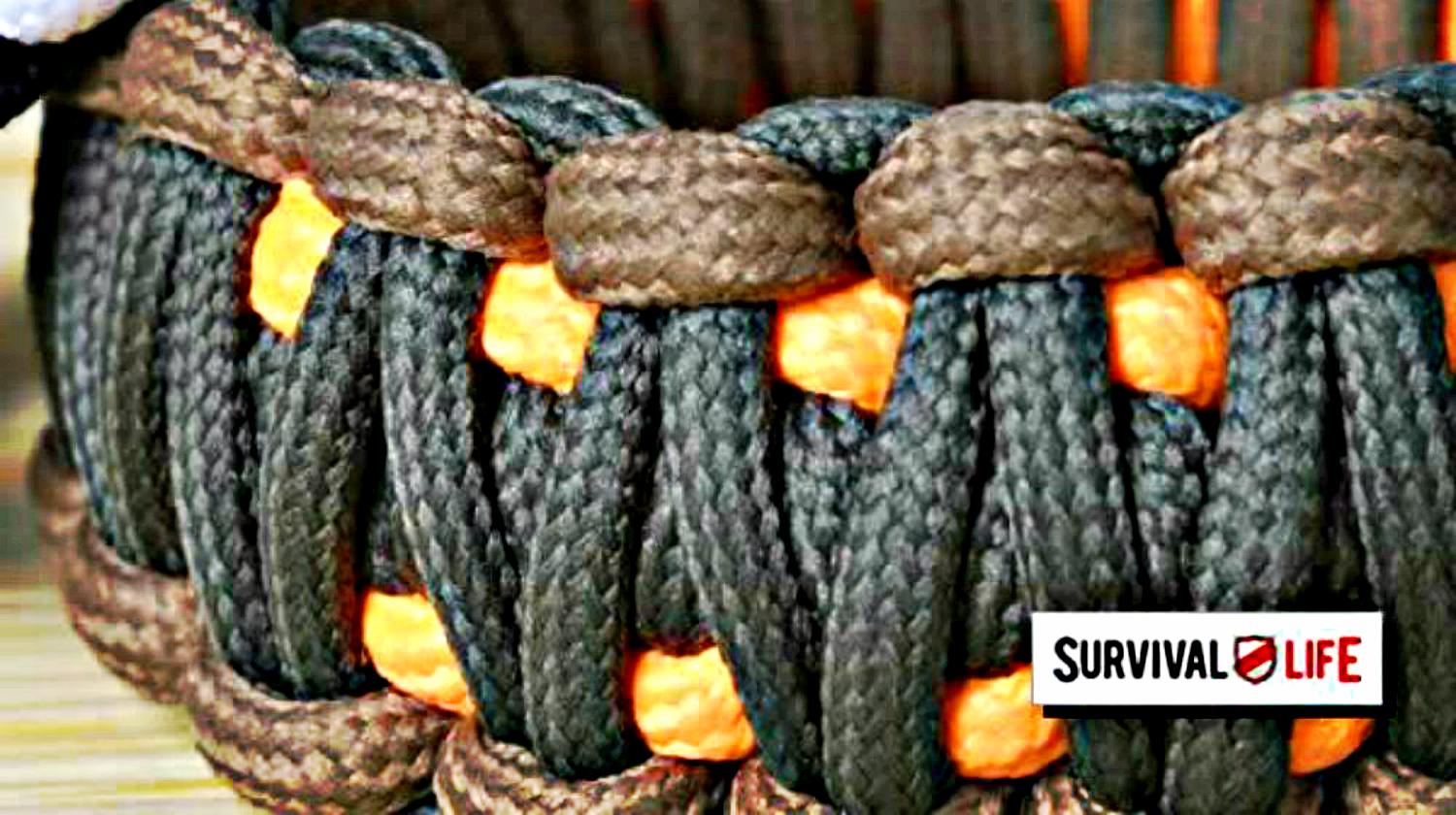Personal Safety
The Psychology of Survival – Why Your Mind Matters Most

Before embarking on a trek into the wilderness, most people will create a preliminary list of items and gear to bring with them to ensure comfort and safety. It might be something as simple and lightweight as a day pack, or something more extensive, like a vehicle loaded with camping equipment.
However, the most important and often overlooked piece of equipment is something we carry with us all the time: our brain. When emergencies occur and survival becomes priority, all the gear in the world will not help if one cannot stay calm, rational, and focused.
Before we can understand our psychological reactions in a survival setting, it is helpful to first know a bit about stress. Stress is not a disease that can be cured and eliminated; it is a condition we all experience. It is the name given to the reactions we have as we physically, mentally, emotionally, and spiritually respond to life’s tensions.
Need for Stress
We need some stress in our lives because it has many positive benefits. Stress provides us with challenges; it gives us chances to learn about our values and strengths. It can show our ability to handle pressure without breaking; it tests our adaptability and flexibility; it can stimulate us to do our best; it highlights what is important to us. Stress can be constructive or destructive. It can encourage or discourage, move us along or stop us dead in our tracks.
Stress can inspire you to operate successfully and perform at your maximum efficiency in a survival situation. It can also cause you to panic and forget all your training. The key to your survival is your ability to manage the inevitable stresses you will encounter. The survivor is the person who works with their stresses instead of letting stresses work on them. Below are some common issues that contribute to stress when finding oneself stranded or otherwise unprepared:
Injury, Illness or Death
Injury, illness, and death are real possibilities a survivor has to face when lost in the wild. Perhaps nothing is more stressful than being alone in an unfamiliar environment where you could die from hunger, thirst, cold, heat, or predators. Illness and injury can also add to stress by limiting your ability to travel, get food and drink, find shelter, and defend yourself.
Even if illness and injury don’t lead to death, they add to stress through the pain and discomfort they generate. It is only by controlling the stress associated with this vulnerability that you can have the courage to take the risks associated with survival tasks. The only guarantee in a survival situation is that nothing is guaranteed.
Fear
Fear is a natural part of being human. It can be a beneficial emotion, as it teaches us to be careful. Fear can, however, be over-dramatized and cloud our ability to think logically, and even hamper our physical ability when faced with an emergency or crisis. Often, when you find yourself in a sticky situation, you have no choice but to overcome and push through your fears or otherwise become consumed by them.
When you are in this type of situation, you need to look at it from all sides and weigh your options carefully. Usually you will be fearing the obvious, but you will also need to ask yourself “What are the consequences if I don’t at least try to get out of the situation?”
Anger and Frustration
Frustration arises when a person is continually thwarted in his or her attempts to reach a goal. The goal of survival is to stay alive until you can reach help or until help can reach you. To achieve this goal, some tasks must be completed using only your available resources. Getting lost, damaged or forgotten equipment, inclement weather, inhospitable terrain, and physical limitations are just a few sources of frustration and anger. Frustration and anger encourage impulsive reactions, irrational behavior, poorly thought-out decisions, and in some instances, an “I quit” attitude. If you can harness and properly channel the emotional intensity associated with anger and frustration, you can productively act against the challenges ahead. If you do not properly focus your feelings, you will waste valuable energy that could otherwise be used to your advantage of being found.
Fatigue
Physical fatigue can be caused by overexertion, tiredness, injury, heat, or lack of food and water. Both the cause and the cure are almost always obvious. Mental fatigue, on the other hand, can be harder to identify as it is often caused by an individual’s own levels of self-esteem, confidence, awareness, and behavior, all which will vary from person to person. This kind of fatigue can quickly become dangerous since it creeps up on the unsuspecting victim and quietly blurs their mental state, disarming the will to care or survive. It can be caused by the victim feeling defeated, a lack of a plan/direction, isolation, and anxiety. Positive thinking, early planning, and fortitude help combat this particular stress.
Boredom & Isolation
Boredom and feelings of isolation can easily set in, especially at night; in order to counteract this, remaining calm, challenging yourself with mental exercises, planning your rescue/escape, and keeping busy are all productive ways to counteract these less-than-pleasant feelings. Establishing camp and rescue signals, foraging, locating/collecting water and crafting things to make your situation a little more comfortable are all great ways to help you stay active, which makes a positive contribution to your prospects for survival. Just be careful that you are not using up too much energy or fluid doing these things if food or water is scarce.
Your Mission
Your mission in a survival situation is to stay alive. As you can see, you are going to experience an assortment of thoughts and emotions. When controlled in a healthy, rational way, these emotions help to increase your likelihood of surviving. They prompt you to pay more attention in training, to fight back when scared, to take actions that ensure safety and security, to keep faith, and to strive against unfavorable odds.
When you cannot control these reactions in a healthy way, they can bring you to a standstill and inhibit your chances of being rescued. Instead of rallying your internal resources, your brain listens to its internal fears. Don’t be afraid of your natural reactions to this unnatural situation.
Prepare yourself to dominate these reactions so they serve your ultimate interests. Below are a few tips to help prepare yourself psychologically for survival:
Know Yourself
Through self-awareness, counseling, meditation, or talking with family and friends, take the time to discover who you are on the inside. Improve your stronger qualities and develop potentially weaker areas that you know would benefit you in times of emergency.
Anticipate Fears
Don’t pretend that you will have no fears. Begin thinking about what would frighten you the most if forced to survive alone. Train in those areas of concern to you. The goal is not to eliminate the fear, but to build confidence in your ability to function despite your fears.
Be Realistic
Don’t be afraid to make an honest appraisal of your situation. See circumstances as they are, not as you want them to be. Keep your hopes and expectations within the estimate of the situation. When you find yourself in a survival setting with unrealistic expectations, you may be laying the groundwork for bitter disappointment. Follow the adage, “Hope for the best, prepare for the worst.” It is much easier to adjust to pleasant surprises about one’s unexpected good fortunes than to be upset by unexpected harsh circumstances.
Adopt a Positive Attitude
Learn to see the potential good in everything. Looking for the good not only boosts morale, it also is excellent for exercising your imagination and creativity.
Remind Yourself What Is at Stake
Remember, failure to prepare yourself psychologically to cope with survival leads to reactions such as depression, carelessness, inattention, loss of confidence, poor decision-making, and giving up before the body gives in. At stake is your life and the lives of others who care about you.
Train
Through proper training and life experiences, you will harness skills that will prepare you to cope with the rigors of survival. Demonstrating your skills in mock situations will give you the confidence to call upon them should the need arise. Enroll in a Wilderness Survival course, know how to use your tools and equipment before starting your journey, strengthen your body and mind through exercise. The more realistic your training, the less overwhelming an actual survival setting will be.
Learn Stress Management Techniques
People under stress have a potential to panic if they are not well-trained and not prepared psychologically to face whatever the circumstances may be. While we often cannot control the survival circumstances in which we find ourselves, it is within our ability to control our response to those circumstances.
Learning stress management techniques can enhance your capability to remain calm and focused as you work to keep yourself and others alive. A few good techniques to develop include relaxation skills, time management skills, assertiveness skills, and cognitive restructuring skills (the ability to control how you view a situation). Remember, “the will to survive” can also be considered a refusal to give up.
So stay safe, stay smart, and stay alive!
Check out these related articles:
Dallas Seavey – The Ultimate Survivalist
The Two Most Important Survival Tools – Skills
Like this post?
Be sure to like us on Facebook so you can be the first to know about latest survival tips and off the grid living skills.
-

 Do It Yourself7 months ago
Do It Yourself7 months agoParacord Projects | 36 Cool Paracord Ideas For Your Paracord Survival Projects
-

 Do It Yourself9 months ago
Do It Yourself9 months agoHow To Make Paracord Survival Bracelets | DIY Survival Prepping
-

 Do It Yourself9 months ago
Do It Yourself9 months ago21 Home Remedies For Toothache Pain Relief
-

 Do It Yourself10 months ago
Do It Yourself10 months agoSurvival DIY: How To Melt Aluminum Cans For Casting
-

 Exports8 months ago
Exports8 months agoAre Switchblades Legal? Knife Laws By State














Michael W. Perry
June 27, 2014 at 7:51 AM
Humor helps. On one mountain climb, we decided to take a different route back. Not a good idea. We hit a patch of glacier that was hell on ice. The east-facing surface that frozen to ice in the shadows of late afternoon. Beneath that was loose framework of slush ice devoid of water (which had drained downward). Step the slightest bit wrong and you broke through the ice and were hip-deep in that waterless slush. Movement was a terrible nuisance.
Finally, I gave up on the frustration and began to laugh at the ridiculousness of it all. That helped some.
–Michael W. Perry, Across Asia on a Bicycle
David
June 28, 2014 at 4:12 AM
This is best advice I have ever read on Survival Life. Thank You
Pingback: Dual Survival and The Risks of Reality TV with Cody Lundin - Survival Life | Preppers | Survival Gear | Blog - Survival Life | Preppers | Survival Gear | Blog
joseph
July 2, 2014 at 2:06 AM
Really nice article. It’s easy to obsess about gear and bug out bags, but so much of survival is mental. A nice reminder.
thank you
Pingback: Situational Awareness | Embracing Your Inner Yoda - Survival Life | Preppers | Survival Gear | Blog - Survival Life | Preppers | Survival Gear | Blog
Sunday Igbinedion
November 9, 2014 at 6:04 AM
Your article about survival psychology is very interesting and I would like to be receiving news letter and other article related to such matter
Pingback: Are you an Ant or a Grasshopper? | Survival Life
Pingback: Psychology of Survival: Ignorance | Survival Life
Pingback: Survival Life's Ultimate List Of Survival Hacks And Skills
Pingback: Bug Out Bag Essentials - 50 Items For Your Survival Kit
Pingback: Critical Thinking for Survival | Blog | Survival Life
Pingback: How to Deal With The 5 Stages Of Grief After TSHTF
Pingback: How to Deal With The 5 Stages Of Grief After TSHTF | ray mcnally
Pingback: Items That Should be in Your Bug Out Bag | Survival Life
Pingback: Man Cave Ideas: Is Your Man Cave Badass Enough? | Survival Life
Pingback: Man Cave Ideas: Is Your Man Cave Badass Enough? | Primitive technology
Pingback: Man Cave Ideas: Is Your Man Cave Badass Enough? – Ultimate Survival Alerts
Pingback: Man Cave Ideas: Is Your Man Cave Badass Enough?
Pingback: How to Survive Waterboarding | 4 Good Strategies – The Self Reliant Princess news
Pingback: How to Survive Waterboarding | 4 Good Strategies -
Pingback: How to Survive Waterboarding - WildSurvivalDigest.com